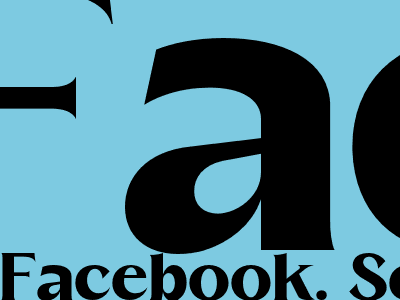Facebook: A Comprehensive Guide to Understanding the Social Media Giant
Introduction
Facebook, the ubiquitous social media platform, has revolutionized the way we connect with others. Since its inception in 2004, it has grown into a behemoth with over 2.9 billion monthly active users.
This blog post aims to provide a comprehensive guide to Facebook, covering its history, key features, marketing strategies, privacy concerns, and ethical implications.
History and Evolution
Facebook was founded by Mark Zuckerberg in 2004 as a social networking site exclusively for Harvard students. It rapidly expanded to other universities and eventually to the general public in 2006.
Over the years, Facebook has acquired numerous platforms, including Instagram, WhatsApp, and Oculus, further expanding its reach and influence.
Key Features
- Social Networking: Facebook allows users to connect with friends, family, and acquaintances, share updates, and engage in conversations.
- News Feed: The News Feed displays a personalized stream of content from friends, pages, and groups, keeping users informed about what's happening in their network.
- Groups and Pages: Facebook facilitates the creation of groups and pages for specific interests, communities, and businesses, allowing users to connect with like-minded individuals and receive updates.
- Marketplace: The Marketplace feature enables users to buy and sell goods and services locally, connecting buyers and sellers within the Facebook ecosystem.
- Messenger: Facebook Messenger is a messaging app that allows users to send instant messages, make voice and video calls, and share files.
Marketing on Facebook
Facebook offers a powerful platform for businesses to reach their target audience. Key marketing strategies include:
- Business Pages: Creating a business page allows businesses to connect with potential customers, share updates, run ads, and track analytics.
- Advertising: Facebook's advertising platform enables businesses to target specific demographics, interests, and behaviors with tailored ads.
- Content Marketing: Businesses can use Facebook to share valuable content, such as blog posts, videos, and infographics, to educate and engage their audience.
- Community Management: Responsively managing a Facebook presence involves engaging with followers, responding to comments, and fostering a positive brand image.
Privacy Concerns
The vast amount of personal data collected by Facebook has raised privacy concerns among users.
- Data Collection: Facebook collects a wide range of data on its users, including their browsing history, location, and social connections.
- Data Sharing: Facebook shares user data with third-party app developers and advertisers, which has led to allegations of privacy breaches.
- Targeted Advertising: The use of user data for targeted advertising has raised concerns about online surveillance and the manipulation of users.
Ethical Implications
The widespread use of Facebook has raised ethical questions about its impact on society.
- Spread of Misinformation: Facebook has been criticized for its role in the spread of false news and misinformation, potentially influencing public opinion and decision-making.
- Polarization and Filter Bubbles: The platform's algorithms tend to show users content that aligns with their existing beliefs, reinforcing biases and creating filter bubbles.
- Addiction and Mental Health: Excessive use of Facebook has been linked to addiction, anxiety, and depression in some users.
Conclusion
Facebook has transformed the way we communicate, share information, and conduct business. However, its vast reach and data collection practices have raised legitimate concerns about privacy and ethics.
As Facebook continues to evolve, it is important for users to be aware of these issues and to use the platform responsibly.
By understanding the history, features, marketing strategies, privacy concerns, and ethical implications of Facebook, we can navigate this social media giant wisely and leverage its potential for good.

Komentar